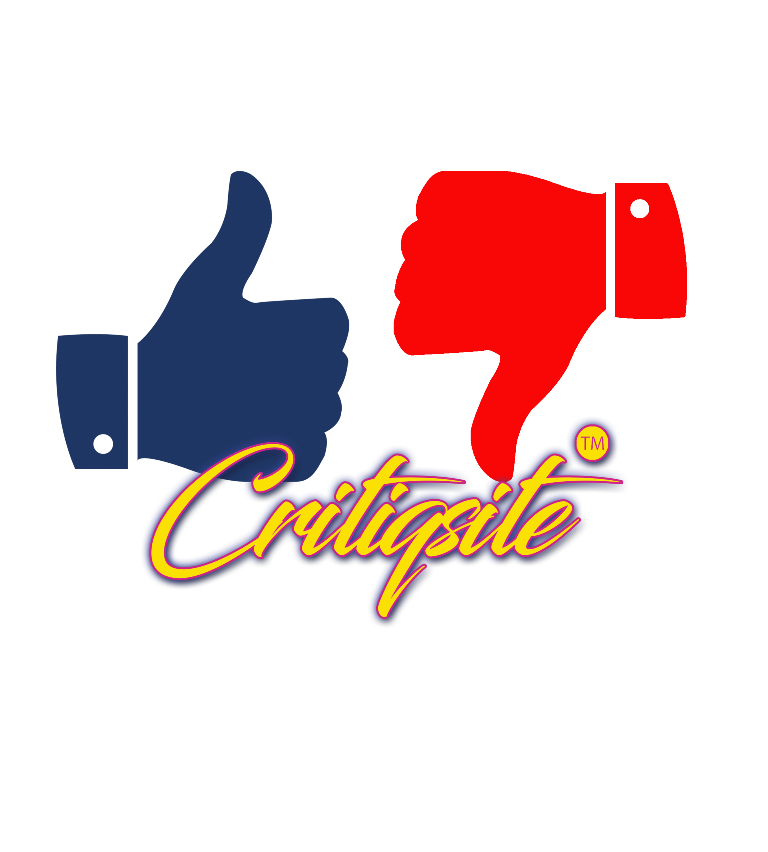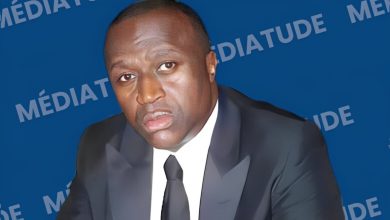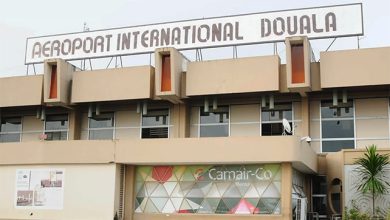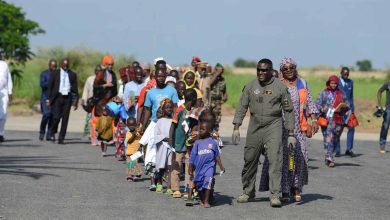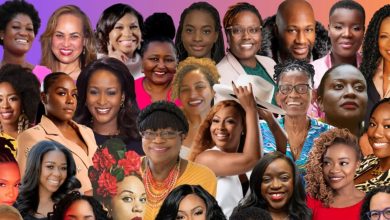Cameroon Election 2025 Paul Biya&8217s Grip Faces Ultimat...
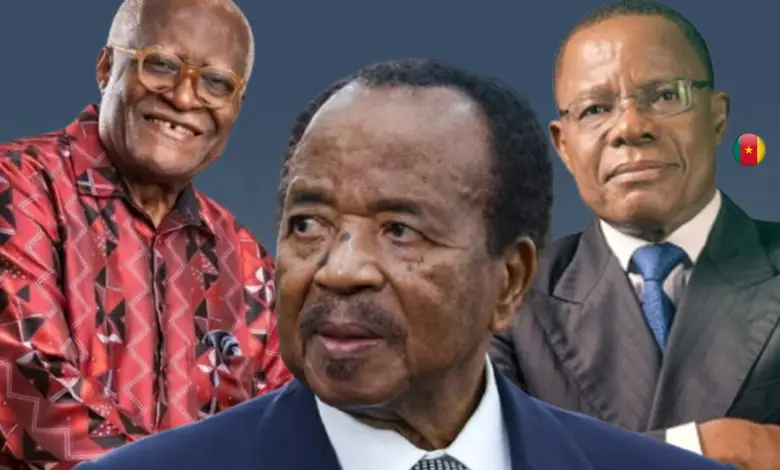
Cameroon Election 2025 Paul Biya&8217s Grip Faces Ultimat...
The upcoming Cameroon presidential election in 2025 will be a critical turning point in the nation’s politics. Set for October 5, 2025, this presidential election will ask voters to choose who will lead the country for the next seven years. However, many analysts question whether the Cameroon presidential election will truly reflect the people’s will.
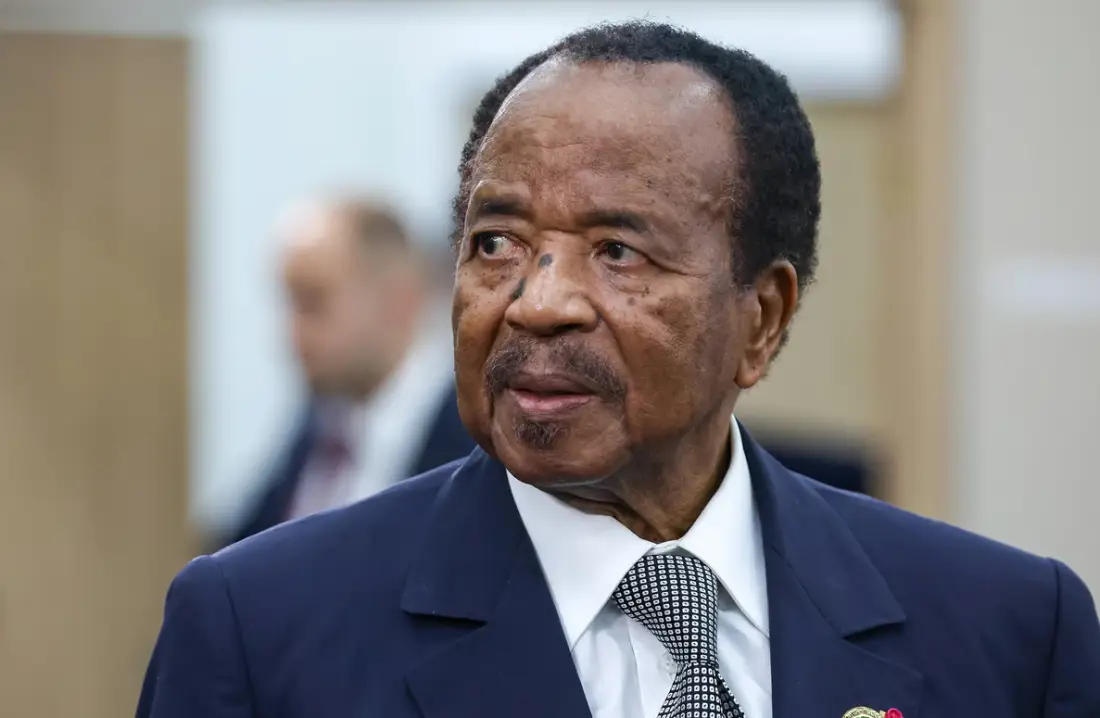
At 92, Paul Biya is Africa’s oldest head of state and second-longest-serving president worldwide, ruling Cameroon since 1982. Throughout his 43-year reign, Biya has systematically consolidated power through various means that could affect the upcoming Cameroon presidential election:
Constitutional Manipulation: In 2008, Biya removed presidential term limits and extended terms from five to seven years. Consequently, this allowed him to remain in office indefinitely despite his advanced age and questions about his ability to govern.
Electoral Fraud Allegations: Past Cameroon presidential elections under Biya’s rule have faced serious credibility issues. For instance, the 2018 presidential election saw widespread reports of ballot stuffing, voter intimidation, and suspicious turnout figures in pro-Biya regions. International observers from the African Union noted “irregularities,” while the EU declined to send a full mission.
Media Control: According to Reporters Without Borders, Cameroon ranks 134th out of 180 countries in press freedom. The state controls most broadcast media, and journalists who criticize the regime face harassment, imprisonment, or worse. Therefore, opposition candidates in the Cameroon presidential election receive minimal coverage compared to Biya’s extensive state media presence.
Repression of Opposition: Maurice Kamto, Biya’s main challenger in the 2018 Cameroon presidential election, was imprisoned for nine months following protests against alleged election fraud. Similarly, other opposition figures have faced arbitrary detention, travel restrictions, and political persecution.
Key Candidates Challenging the Status Quo
Several strong contenders have already entered the Cameroon presidential election race:
Paul Biya: At 92, the current president leads the Cameroon People’s Democratic Movement (CPDM). Despite rarely appearing in public and reportedly spending months each year in Switzerland, his political machine remains formidable for the Cameroon presidential election.
Maurice Kamto: This 71-year-old former academic and lawyer heads the Cameroon Renaissance Movement (MRC). Previously, he ran in the 2018 Cameroon presidential election and claimed victory before the results were announced. Now, he returns with support from the Political Alliance for Reform (APC) and, additionally, the Front for Change in Cameroon (FCC). His imprisonment after the last election has made him a symbol of resistance.
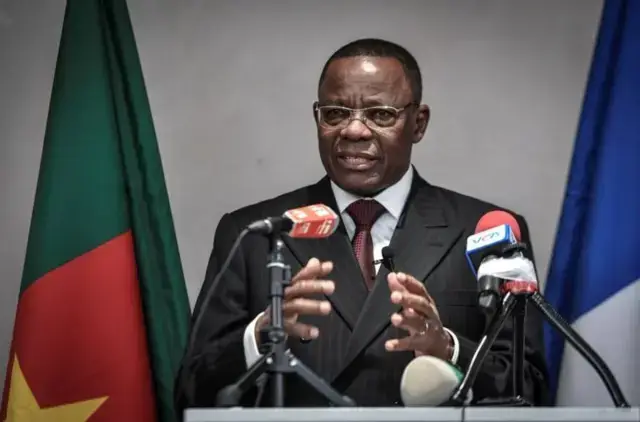
Akere Muna: A 72-year-old lawyer known for fighting corruption and pushing for better governance. Muna aims to transform the Cameroon presidential election with his Univers party and was once part of the Now! movement. Furthermore, as the former vice chair of Transparency International, his anti-corruption credentials are particularly threatening to the Biya regime’s patronage networks.
Eric Essono Tsimi: At 43, this New York-based scholar and writer brings fresh ideas to the Cameroon presidential election. He announced his run in May 2024 with the slogan “Nous Sommes Le Changement” (We Are the Change). Meanwhile, he has been talking with several parties, including the FDC and PAL. His diaspora perspective could appeal to younger voters.
The Mechanics of Maintaining Power
President Biya’s regime employs various strategies to ensure electoral victory in the Cameroon presidential election:
Patronage Networks: The Biya administration controls access to government jobs, contracts, and resources. This creates a vast network of beneficiaries with strong incentives to maintain the status quo. Moreover, high-ranking officials often come from Biya’s ethnic group or region, reinforcing loyalty.
Security Apparatus Control: The military, police, and intelligence services remain firmly under Biya’s control. According to Human Rights Watch, security forces have been deployed to suppress opposition rallies and intimidate voters in opposition strongholds during previous Cameroon presidential elections.
Electoral Commission Influence: Despite its name, Elections Cameroon (ELECAM) lacks true independence. Most board members are CPDM loyalists appointed by Biya himself. Consequently, complaints about the Cameroon presidential election rarely receive fair hearings.
Divide and Rule Tactics: The regime has successfully exploited ethnic and regional tensions to prevent a unified opposition. For example, the Anglophone crisis has been used to portray Biya as the defender of national unity against separatism ahead of the Cameroon presidential election.
Risk of Civil Unrest
The combination of another potentially flawed Cameroon presidential election and mounting public frustration creates significant risks:
Post-Election Protests: Following the 2018 Cameroon presidential election, protests erupted in major cities. In response, security forces arrested hundreds and used live ammunition against demonstrators. Similarly, the 2025 election could trigger more widespread unrest if it is perceived as fraudulent.
Anglophone Crisis Escalation: Since 2016, separatist movements in English-speaking regions have engaged in armed conflict with government forces. Over 6,000 people have died, and nearly 800,000 have been displaced. Furthermore, a disputed Cameroon presidential election could intensify this conflict, particularly if Anglophone voters feel disenfranchised.
Youth Mobilization: With over 60% of Cameroonians under 25 and youth unemployment exceeding 13%, young people increasingly demand change. Also, their growing social media usage makes them less susceptible to state propaganda and more capable of organizing protests around the Cameroon presidential election.
Regional Spillover: Cameroon borders six countries, including unstable nations like the Central African Republic and Nigeria. Thus, sustained political turmoil from a contested Cameroonian presidential election could affect regional security, especially regarding cross-border extremism.
Who Is Best Positioned to Challenge Biya?
Among the opposition candidates in the Cameroon presidential election, Maurice Kamto appears best positioned to challenge Biya’s rule.
Electoral Performance: Despite official results giving Biya 71% and Kamto 14% in the 2018 Cameroon presidential election, independent observers suggested the race was much closer. Kamto’s party performed strongly in urban centers and some Western regions.
Coalition Building: Kamto has worked to unite diverse opposition groups for the Cameroon presidential election. By securing support from other parties, he addresses a traditional weakness of Cameroon’s fragmented opposition.
International Recognition: As a former UN legal expert and academic, Kamto has substantial international connections. This may provide some protection against the worst forms of political persecution and bring global attention to irregularities in the Cameroon presidential election.
Grassroots Organization: Despite government restrictions, the MRC has built effective local structures and mobilization capabilities. Additionally, its message of democratic reform resonates across ethnic and regional divides, strengthening its position for the Cameroon presidential election.
Nevertheless, Kamto faces significant challenges, including limited access to state media, potential vote manipulation, and the regime’s willingness to use force against protests following the Cameroon presidential election.
The Way Forward: Prerequisites for Democratic Change
For a meaningful democratic transition in the Cameroon presidential election, several factors are essential:
Electoral Reforms: True independence for ELECAM, transparent vote counting with international oversight, and equal media access are fundamental prerequisites for a fair Cameroon presidential election.
International Pressure: Western donors and institutions like the IMF, which provide significant financial support to Cameroon, could condition aid on democratic reforms and integrity in the Cameroon presidential election.
Opposition Unity: Despite recent coalition efforts, opposition candidates may still split the anti-Biya vote in the Cameroon presidential election. A unified front would be more formidable against the entrenched regime.
Civil Society Mobilization: Non-political actors such as churches, professional associations, and student groups could play a crucial role in monitoring the Cameroon presidential election and promoting peaceful democratic transition.
As Cameroon approaches this critical presidential election, the fundamental question remains whether its political system can accommodate peaceful democratic change after four decades of increasingly authoritarian rule. The stakes couldn’t be higher for Cameroon’s 27 million citizens, who deserve legitimate representation and accountable governance after years of stagnation under Africa’s oldest president.
